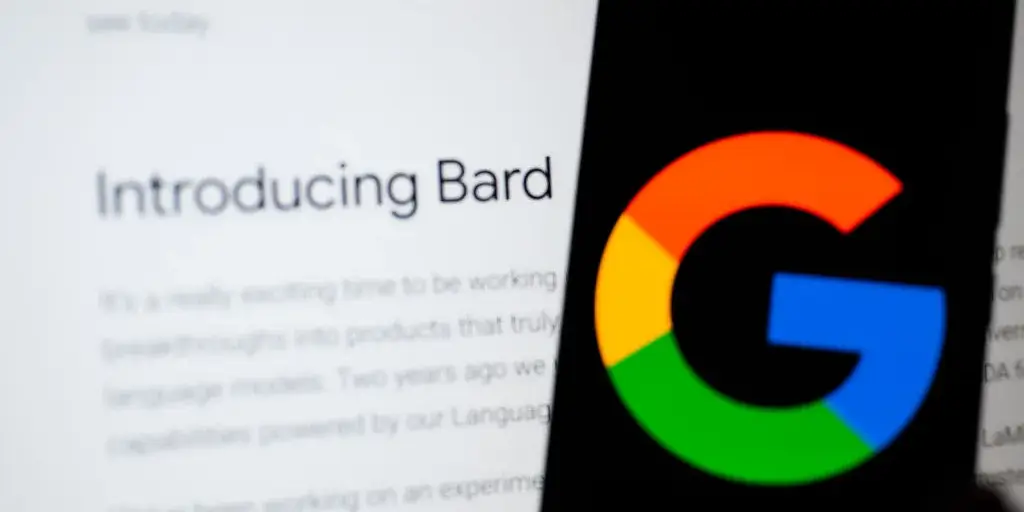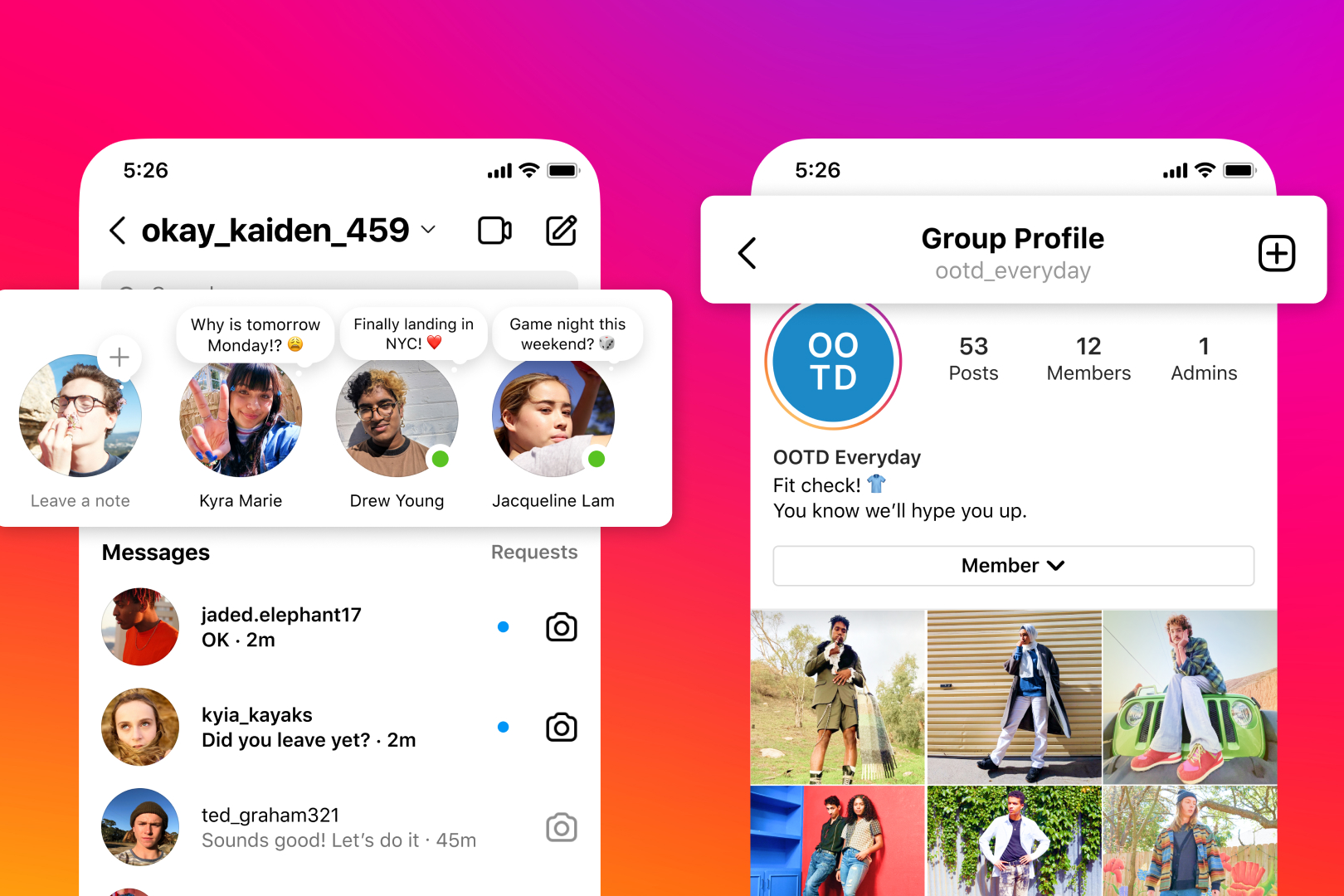Today, AI is the most revolutionary technology being developed. It can be utilized to assist doctors in early diagnosis of diseases, as well as allowing individuals to get information in their native language, allowing people, companies, and communities to maximize their potential. It also opens up new possibilities that have the potential to significantly improve the lives of billions.
On Monday, Google announced a new chatbot, called “Bard,” which is thought to be an effort to challenge the recent success of ChatGPT.
Sundar Pichai, CEO of Google and parent company Alphabet, wrote in a blog post that “trusted testers” will be able to access Bard beginning Monday, and the general public will be able to use it in the upcoming weeks.
Like ChatGPT, which was released by OpenAI in late November, Bard is based on a large language model. These models are trained using large amounts of data in order to produce interesting reactions to user inquiries.
“Bard seeks to combine the breadth of the world’s knowledge with the power, intelligence and creativity of our large language models,”

Google has announced that its core product – online search – is facing its biggest challenge in recent years. Since its public launch two months ago, ChatGPT has been used to write essays, stories, songs, and answer questions that would have been searched on Google.
Google introduced LaMDA, its Language Model for Dialogue Applications, two years ago, and said Monday that it is powering Bard. Last year, a former Google engineer proclaimed that Bard was “sentient,” which was met with much criticism from the AI community.
As an example, Google gave a scenario of a user asking Bard to explain something a 9-year-old may be interested in, to which Bard provided bullet-points.
Google also mentioned that Bard can be utilized to plan a baby shower, compare two films nominated for an Oscar, or get lunch suggestions based on what is in one’s refrigerator.
Google’s potential move towards incorporating an AI chatbot tool into search could bring risks. Experts have warned that such tools, which are trained on data online, have the capacity to spread false information and bolster pre-existing biases.
In a post, CEO Sundar Pichai commented that it is essential that the company takes measures to ensure the introduction of these models to the world is done responsibly and with confidence.

Related Posts
Unleashing Creativity: A Recap of Apple’s October Event
The tech world is buzzing with excitement as Apple introduces the all-new iMac, available in seven vibrant colors (four on the base model).
Adobe’s New AI Tool Aims to Help Creative Professionals
Adobe has announced a new AI tool that it says will help creative professionals save time and create better work. The tool, called Sensei, is a suite…
You will be able to have a real-time NBA player in your control with the NBA app.
The NBA app is the best way to stay up-to-date on everything NBA. From live game scores and stats to team and player information, the NBA app gives…
What are Instagram Notes and what are they used for?
The launch of Notes, a new way to communicate and share your thoughts with your friends. With Notes, you can post up to 60 characters of text and…
Related Posts
Unleashing Creativity: A Recap of Apple’s October Event
The tech world is buzzing with excitement as Apple introduces the all-new iMac,…
Adobe’s New AI Tool Aims to Help Creative Professionals
Adobe has announced a new AI tool that it says will help creative professionals…
You will be able to have a real-time NBA player in your control with the NBA app.
The NBA app is the best way to stay up-to-date on everything NBA. From live…






